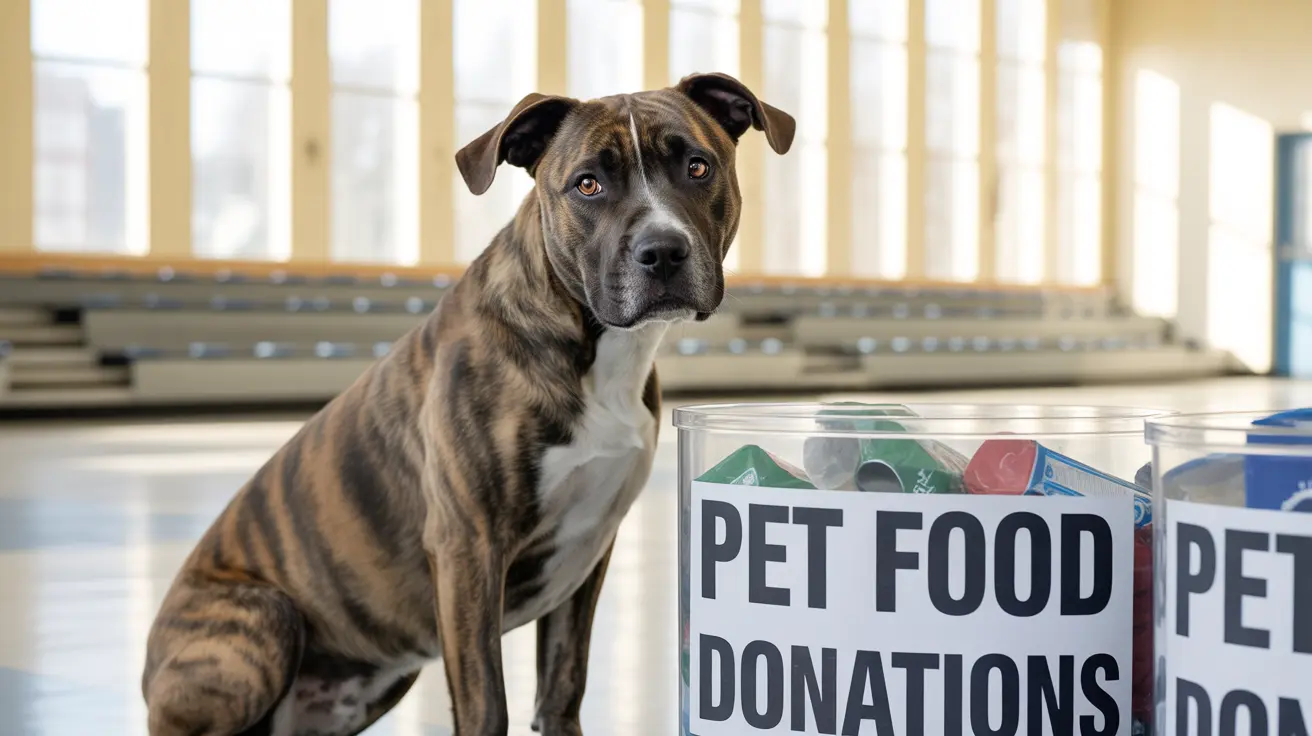When your beloved canine companion develops a cough, it's natural to feel concerned. Dog cough is a common symptom that can signal various health conditions, ranging from minor irritations to serious medical issues. Understanding the different types of coughs, their causes, and when to seek veterinary care is crucial for every dog owner.
In this comprehensive guide, we'll explore everything you need to know about dog coughs, helping you make informed decisions about your pet's health and well-being.
Common Types of Dog Coughs and Their Causes
Kennel Cough
Kennel cough, or infectious tracheobronchitis, is one of the most frequent causes of coughing in dogs. This highly contagious condition typically produces a harsh, hacking cough that sounds like your dog is trying to clear their throat. The cough often becomes more pronounced during exercise or excitement.
Heart-Related Coughs
Dogs with heart disease may develop a soft, persistent cough that typically worsens at night or when lying down. This type of cough occurs because of fluid buildup in the lungs or enlarged heart pressing on the airways.
Tracheal Problems
Small breed dogs are particularly susceptible to tracheal collapse, producing a distinctive "goose honk" sound. This condition occurs when the cartilage rings supporting the trachea weaken, causing the airway to flatten partially or completely.
Identifying Serious Symptoms
While some coughs may be mild and self-limiting, others require immediate veterinary attention. Watch for these warning signs:
- Difficulty breathing or rapid breathing
- Blue-tinged gums
- Coughing up blood
- Severe lethargy
- Loss of appetite
- Fever
- Persistent coughing lasting more than a few days
Treatment Options for Dog Coughs
Treatment varies depending on the underlying cause of your dog's cough. Common approaches include:
- Antibiotics for bacterial infections
- Anti-inflammatory medications
- Cough suppressants for symptomatic relief
- Bronchodilators for airway conditions
- Heart medications when appropriate
- Environmental modifications
Prevention Strategies
Many causes of dog coughs can be prevented through proper care and management:
- Regular vaccinations, including those for kennel cough
- Avoiding exposure to sick dogs
- Using harnesses instead of collars
- Maintaining a healthy weight
- Regular veterinary check-ups
- Keeping your home free from irritants like smoke
Frequently Asked Questions
Why is my dog coughing constantly, and when should I seek veterinary care?
If your dog's cough persists for more than a few days, or if it's accompanied by difficulty breathing, lethargy, or loss of appetite, seek immediate veterinary care. Constant coughing could indicate serious conditions requiring prompt treatment.
How can I differentiate between kennel cough and other respiratory infections in dogs?
Kennel cough typically produces a distinctive dry, hacking cough that sounds like honking or gagging. Other respiratory infections might cause wet, productive coughs or be accompanied by additional symptoms like fever or nasal discharge.
What are the most effective home remedies to soothe a dog's cough, and are they safe?
While home remedies like honey can provide temporary relief, always consult your veterinarian before trying any treatments. Some human cough medicines can be dangerous for dogs.
Can I prevent kennel cough in my dog, and what vaccinations are recommended?
Yes, kennel cough can be prevented through vaccination against Bordetella and other respiratory pathogens. Discuss your dog's vaccination schedule with your veterinarian based on their lifestyle and risk factors.
How do I know if my dog's cough is due to allergies or a more serious condition like heart disease?
The timing, sound, and accompanying symptoms can help distinguish between different causes. Allergy-related coughs often occur seasonally and improve with antihistamines, while heart-related coughs typically worsen at night and with exercise.
Remember, while this guide provides comprehensive information about dog coughs, it's always best to consult with your veterinarian for proper diagnosis and treatment of your pet's specific condition.






